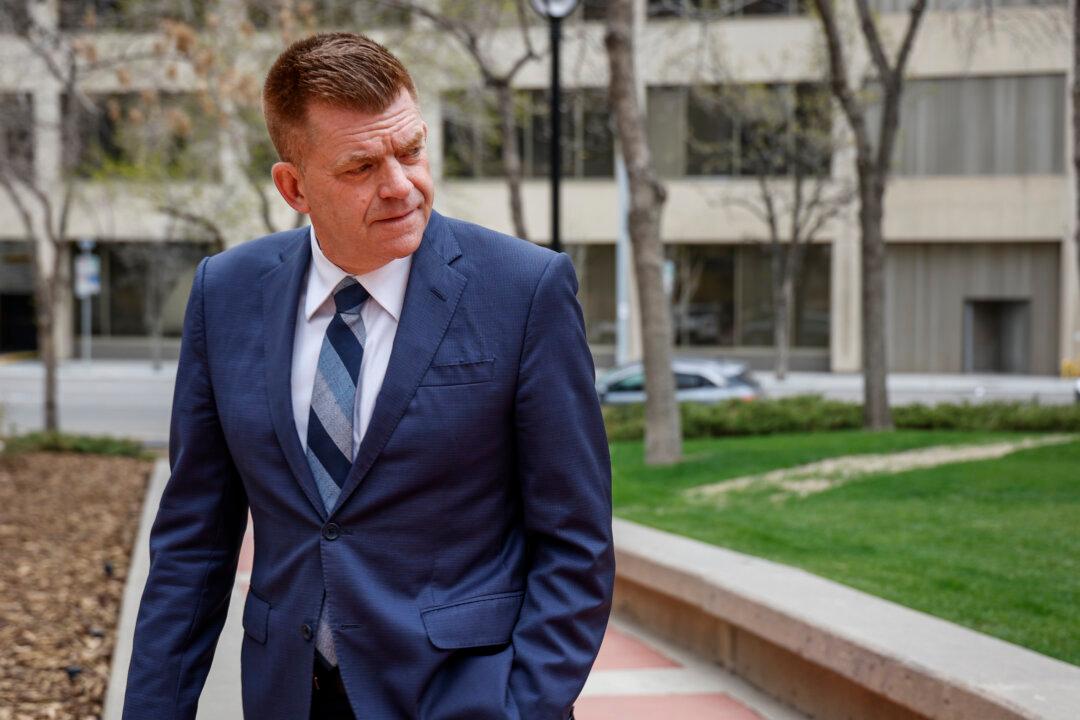For Alberta’s recently sworn-in Energy and Minerals Minister Brian Jean, a resident of the epicentre of the province’s energy sector, Fort McMurray, the impact of his new portfolio hits close to home.
“I’ve lived in the highs and the lows of the oilsands,” Mr. Jean told The Epoch Times, his voice cracking as he talked about the impact of government policies on families.





